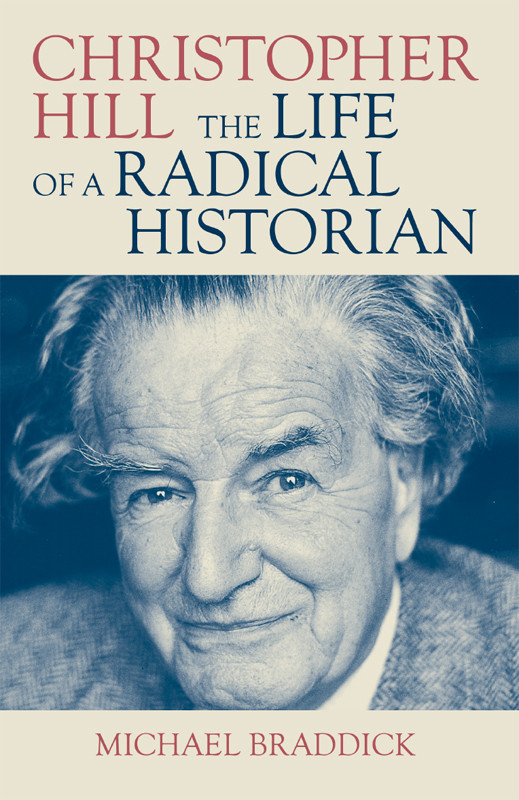

Most ebook files are in PDF format, so you can easily read them using various software such as Foxit Reader or directly on the Google Chrome browser.
Some ebook files are released by publishers in other formats such as .awz, .mobi, .epub, .fb2, etc. You may need to install specific software to read these formats on mobile/PC, such as Calibre.
Please read the tutorial at this link: https://ebookbell.com/faq
We offer FREE conversion to the popular formats you request; however, this may take some time. Therefore, right after payment, please email us, and we will try to provide the service as quickly as possible.
For some exceptional file formats or broken links (if any), please refrain from opening any disputes. Instead, email us first, and we will try to assist within a maximum of 6 hours.
EbookBell Team

4.0
16 reviewsChristopher Hill was one of the leading historians of his generation. His work across more than fifteen books and dozens of articles fundamentally rewrote the way we understand the English Revolution and the development of the modern British state. While his career brought many of the trappings of establishment respectability — he was both a Fellow of the British Academy and the Master of Balliol College, Oxford — he was also seen as a threat to that very same establishment. Under surveillance by the security services for decades, in the 1980s Hill was publicly accused of having been a Soviet agent during the war. His was a Cold War life, as well as a scholarly one.
In this brilliant work of biography, Michael Braddick charts Hill's development from his abandonment of the respectable, provincial Methodism of his youth, through his embrace of Marxism, to his membership and eventual break with the Communist Party, as well as his celebrated intellectual career. While many of his books — not least the thrilling work of historical resurrection The World Turned Upside Down and God's Englishman, his classic biography of Oliver Cromwell — are still widely read and admired, his intellectual reputation was damaged by sustained academic criticism in the politically charged atmosphere of the 1980s.
Braddick’s judicious biography not only situates Hill’s life and work in their historical context but seeks to rescue Hill for a new generation of readers.